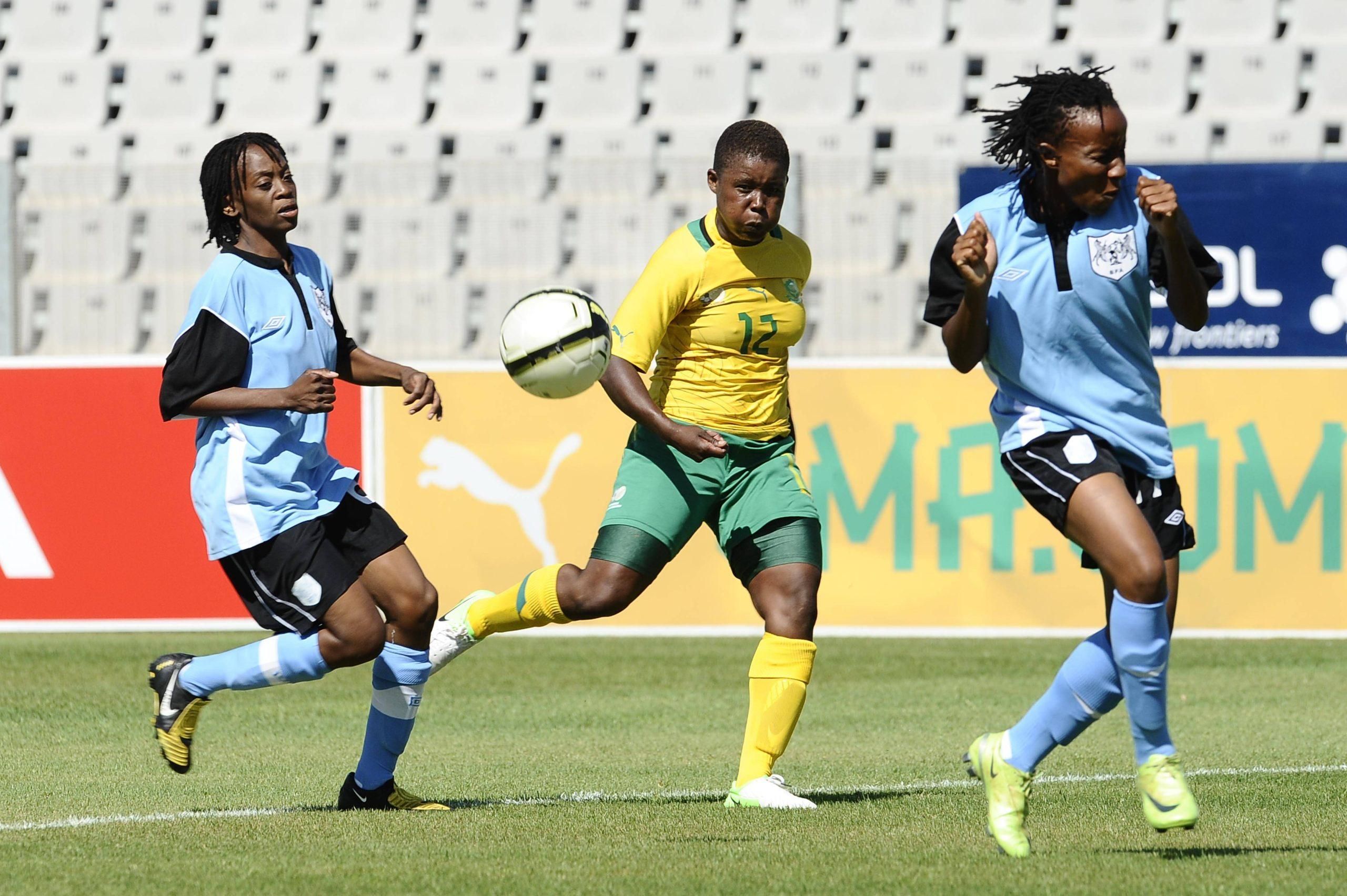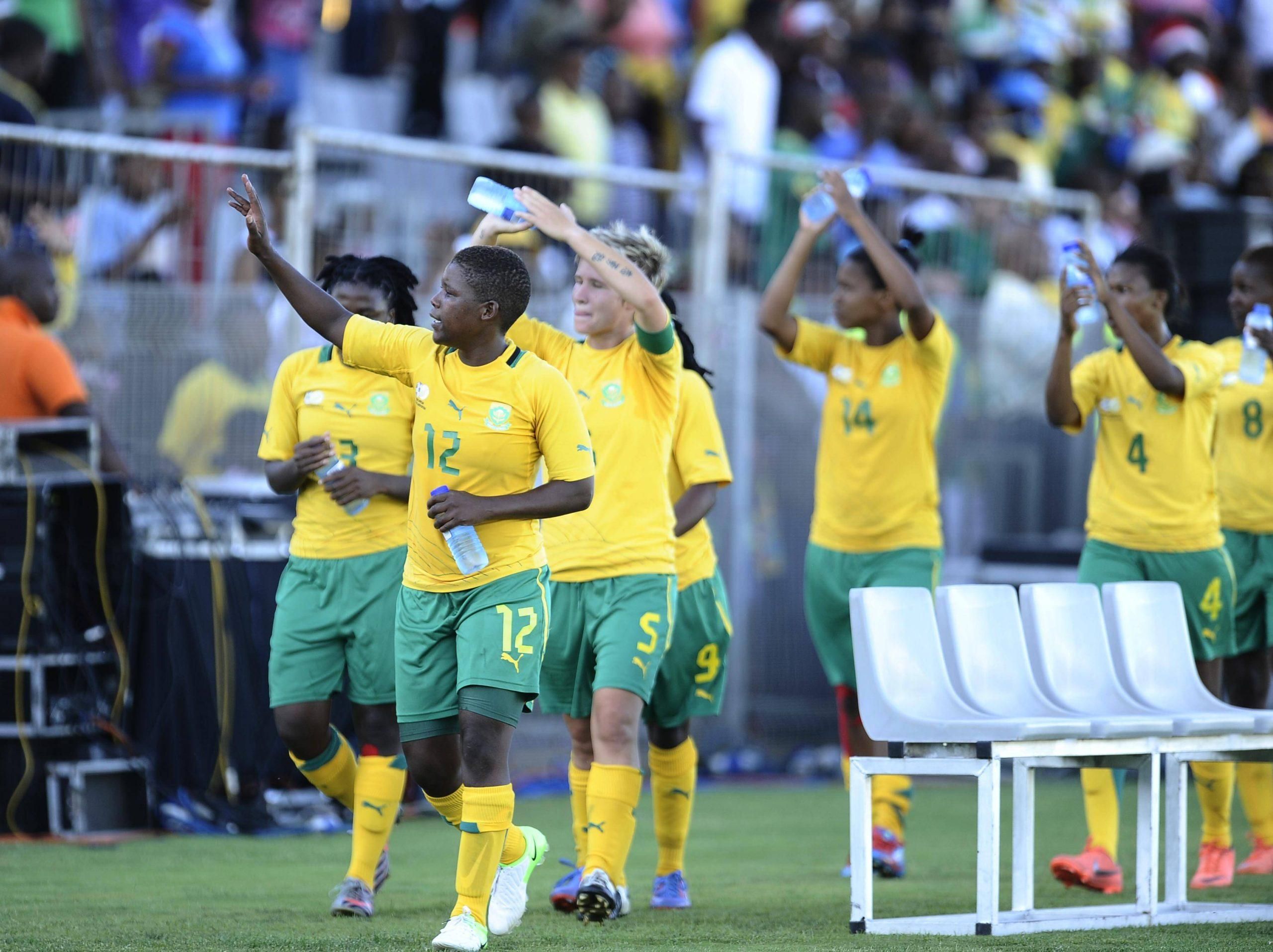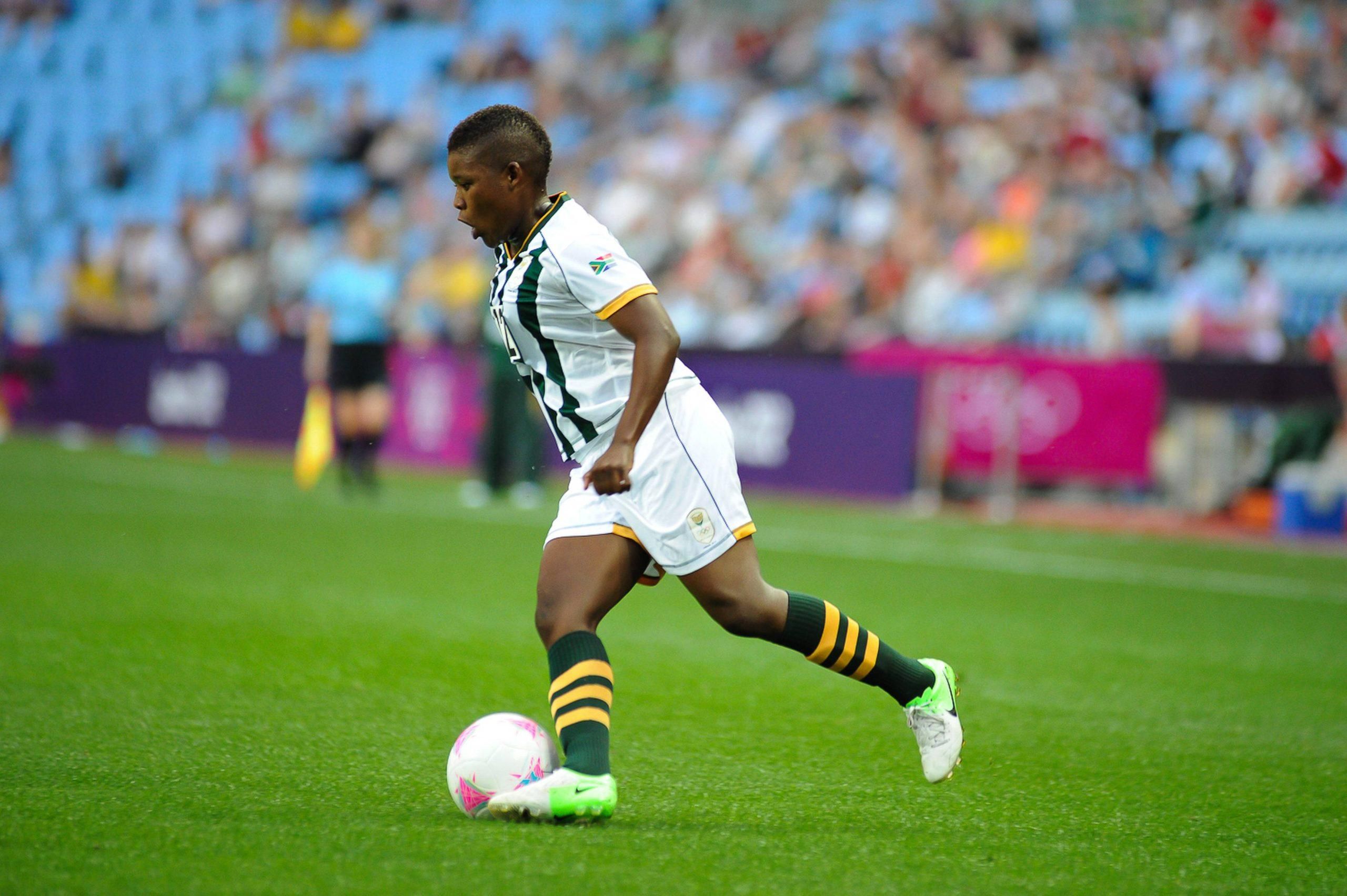Former South Africa forward Portia Modise has made a startling revelation about an alleged incident of food poisoning during an away fixture against Nigeria in a crucial AFCON qualifier, Soccernet.ng reports.
The 124-capped former Banyana Banyana star described how almost the entire South African squad fell ill in the lead-up to the match.
Speaking during a panel discussion captured on Super Sport, Modise shared a harrowing experience from her playing days, where she revealed that only three players out of the squad managed to avoid hospitalisation.
Despite the team’s dire condition, they were reportedly forced to play the match under threat of sanctions.
“They gave us food poisoning in Nigeria. The whole team was sick. Only three of us were not in the hospital,” she said. “We thought we were not going to come back.”
View this post on Instagram
No Work No Pay – Modise
According to Modise, the incident occurred at a time when only one team could qualify for the Africa Women’s Cup of Nations (AWCON).
This, therefore, makes the stakes incredibly high. She claims that Banyana Banyana players were threatened with punishment if they refused to play, despite their medical condition.
“They told us, ‘You guys—if you don’t play, you’ll pay,’” she recounted. “They didn’t want us to talk about it. We weren’t allowed to say anything.”

Match Played in Pain
Modise further alleged that the match proceeded with just 10 available players, and some of them collapsed on the field.
She also questioned the legitimacy of Nigeria’s winning goal, claiming it was clearly offside, but allowed to stand.
“People collapsed on the pitch. They couldn’t even make it to the toilet. The goal they scored was offside.”

Despite the controversy, the result stood, and Banyana Banyana failed to qualify for that year’s tournament.
Modise emphasized that the team’s failure wasn’t due to a lack of talent or effort, but the extreme and hostile conditions they faced.

The legendary forward, who remains one of South Africa’s most capped and decorated women’s players, also reflected on the challenges Banyana Banyana faced throughout the years—challenges she says shaped their resilience.
“I always tell people: it’s not that Banyana Banyana didn’t qualify—it’s the situations we faced that didn’t allow us to be weak,” Modise said.”
While the Nigerian Football Federation (NFF) has not yet responded to these serious allegations, the resurfacing of such claims could spark scrutiny over player welfare and matchday conditions in African women’s football.

Post a Comment